Mayor Cohn on His Veteran Father: You Don’t Know Where You May Go
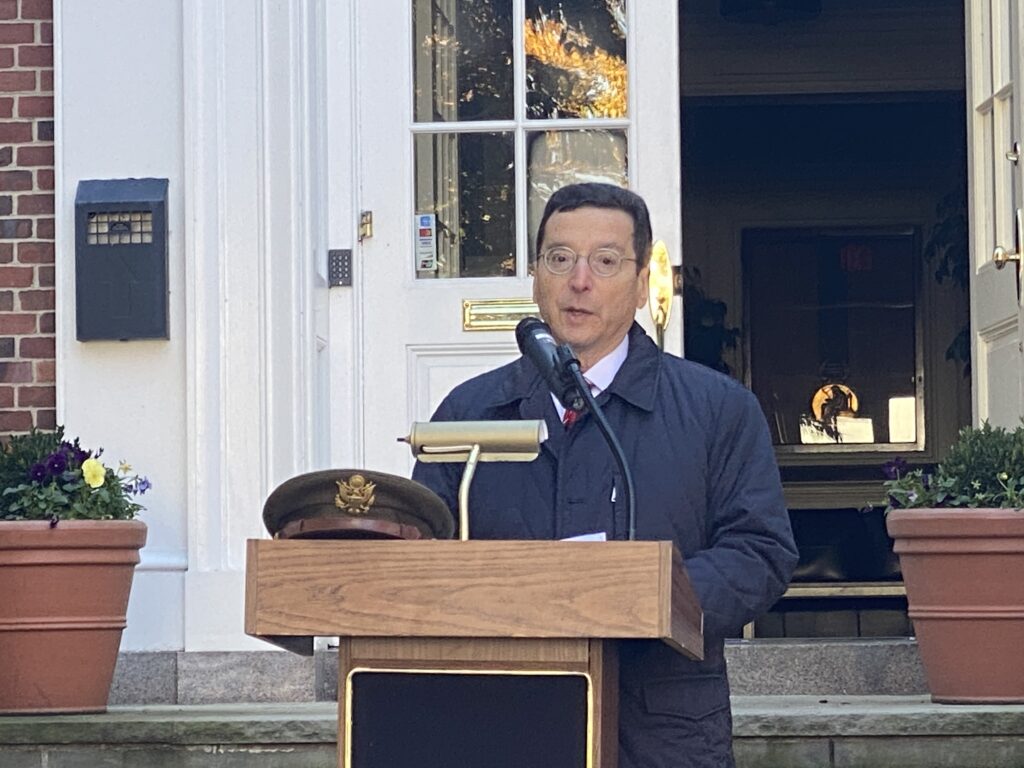
On Saturday at the City’s Veterans Day ceremony on the village green, Rye Mayor Josh Cohn told the story of his World War II veteran father. A medical doctor, he traveled with the Marines on four bloody island campaigns in the Pacific.
We are sharing a printed and video version of the Mayor’s remarks and the story of his father:
Veterans Day 2023 – Mayor Josh Cohn
Thanks to the American Legion for bringing us together here today and thanks to City staff for making us welcome.
We are here to recognize and thank our vets – we wouldn’t be here today, as we are, without them. We have been blessed as a nation by those now serving and by those who have served in the past. Think of those today deployed to the Middle East and around the world.
There are some fundamental truths of military service: you are there to serve, you put your fate in the hands of others, you don’t know where you may go and what you may have to do, risk is inherent, the danger and injury may be great, and even the training may be fatal. The rewards for all this may appear small. But here we are, fortunate to have so many who have served so well.
Earlier this week, my brother and were going through stored possessions of our long-deceased father, a doctor and a WW II vet. We found this hat as well as a trove of documents and letters that taught us much about his experience. Fresh from that, I find myself compelled to use his ordinary, but still extraordinary vet story, in short form, to illustrate some of those truths of military service.
Young Dr. Cohn was drafted out of a residency in 1942. He was quite near-sighted and as a result his file was stamped “Continental US Duty Only.” He was assigned to a medical unit attached to a Camp Howse near Gainesville, Texas. A Bronx kid, he no doubt was as strange to the natives as they were to him. He was a budding surgeon, and his operations records show that he administered to a steady parade of disturbed derrieres. As I said, you don’t know where you will go, you don’t know what you may have to do. He joked that despite his humble rank, at Camp Howse he was a rear admiral.
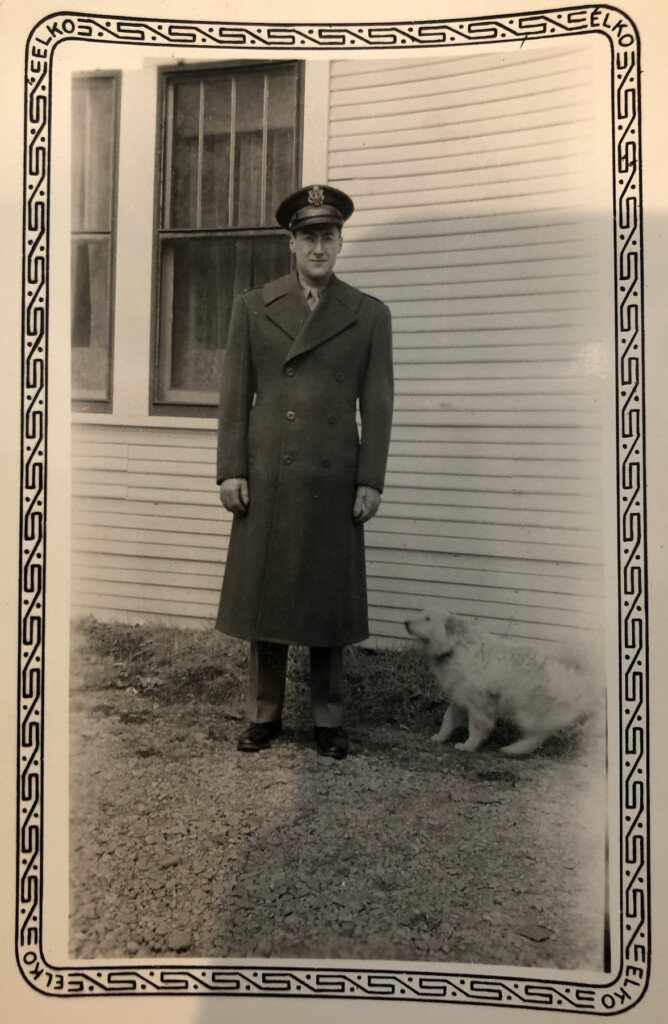
But not for long. His unit was a so-called field hospital, the first stop for the wounded after the battle-field medic. Television viewers will know the later, helicopter-age version as a MASH. Pre-helicopters, field hospitals were attached to combat units. They set up within stretcher-bearer distance of the front lines. My dad’s unit was assigned to the Marines in the Pacific. So much for continental US only. You don’t know where you will go. The field hospital staff of course had to train for beach landings, learning to climb down cargo nets hung from ships’ sides with all their gear. My father was tasked with carrying a section of operating table on his back. The ship rolled, he lost his grip on the net and fell backwards. Fortunately for him and your storyteller, despite the rolling sea the landing ship held directly below him. He landed hard on his back in the boat. The operating table on his back, which would have taken him to the bottom of the ocean, cushioned his fall. Yes, even training may be dangerous.
My dad traveled with the Marines on four bloody island campaigns. His unit worked beside the fight and packed in haste and fell back when the enemy took the initiative. He never talked about what he saw inside the hospital tent. Except for one operation on Okinawa that made the newspaper back in the Bronx. A soldier was carried in with an unexploded mortar shell protruding from his torso. Working with a bomb disposal expert, my father removed the shell. The soldier lived. You don’t know what you will have to do. The danger may be great.
My dad returned home after the war to pick up the training he had begun. We found a sheaf of copies of his residency application letters referring to his recent “two years of traumatic surgery” experience. But of course, the US in 1946 was full of returning young doctors with exactly that experience. It took a while, but my dad’s luck held, as it does for many vets, though sadly not for all.
Now, you might ask me, you have the hat, where’s the rest of that Bronx-tailored dress uniform. That was passed to a cousin on the cousin’s way to the Korean War. We think of the cousin on Memorial Day.
Once again — we are blessed to have those who put on the uniform and take on the risks that come with it. We owe them not only our thanks, but our help when they return to civilian life, be they healthy or injured in body or mind.
Let’s hire them if we can and let’s please support the organizations that help them.
Thank you

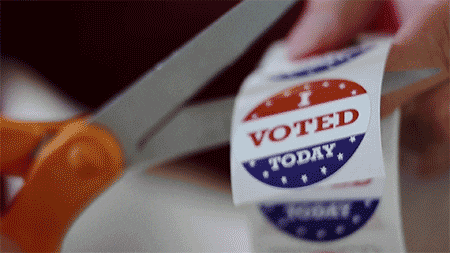
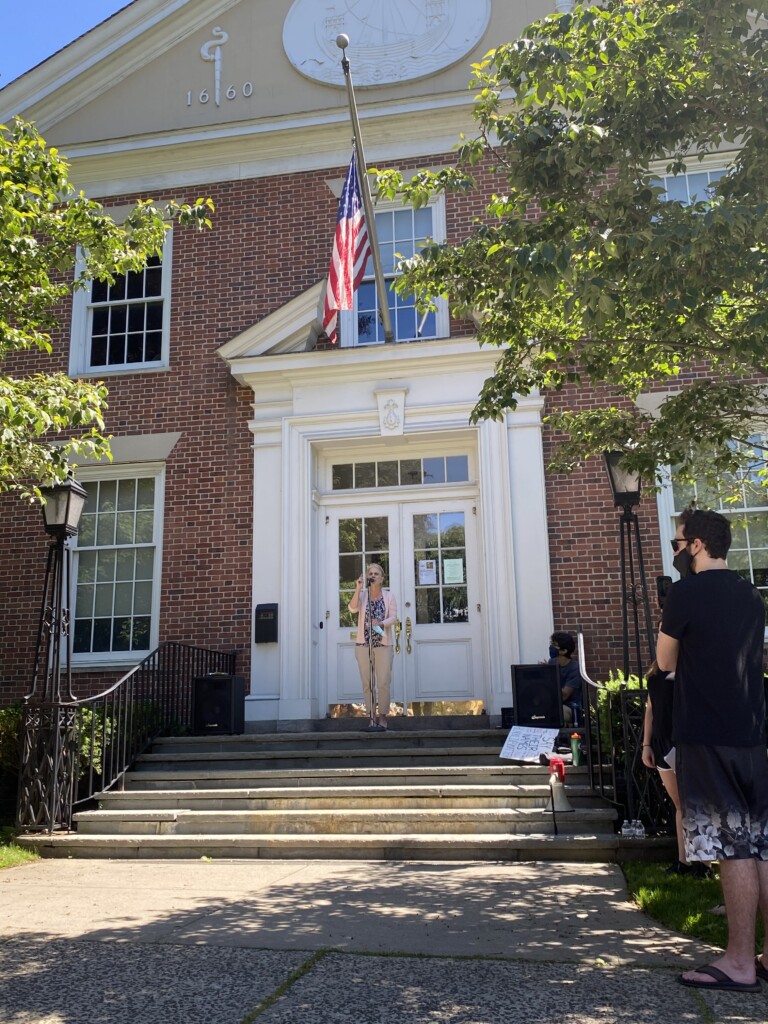
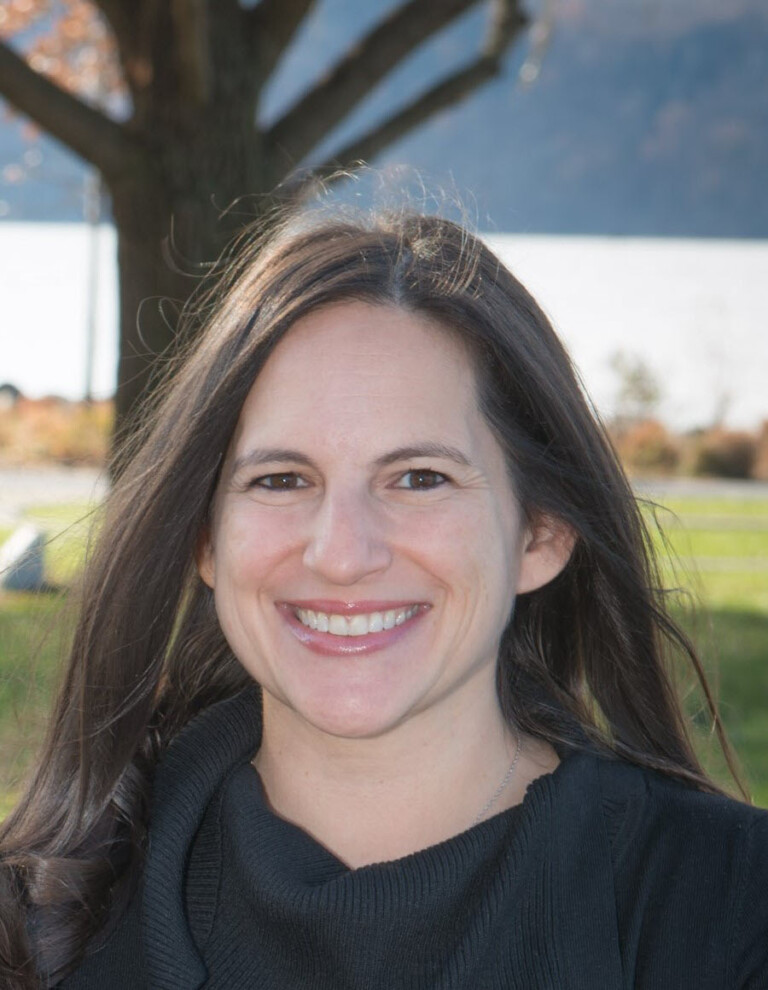

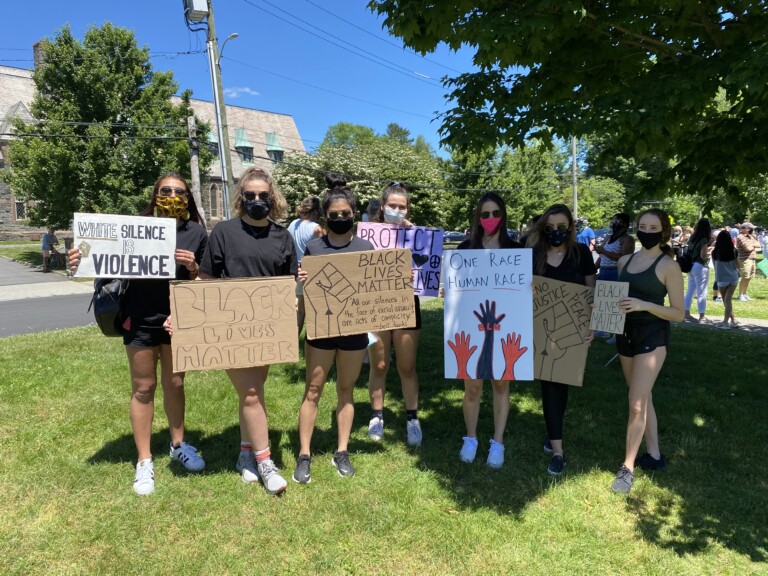
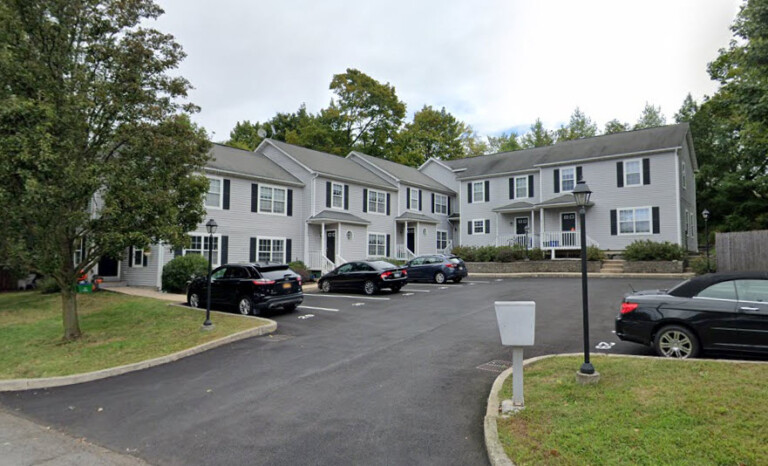
Thank you for sharing.